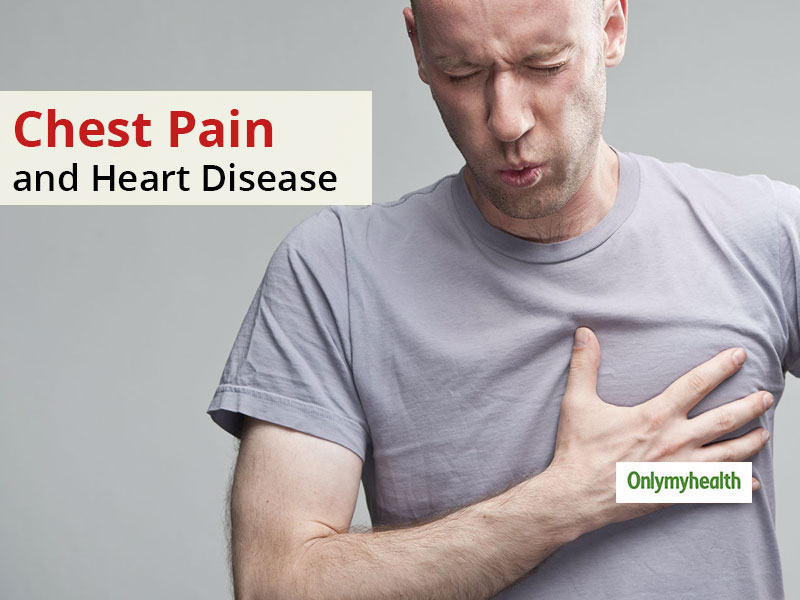
Angina is a recurring chest pain that can be a sign of heart disease. Angina's chest pain arises from under the sternum. It occurs when there is a decrease in blood flow to the heart due to blockage in the main coronary arteries. The main symptoms of angina are chest pain, heaviness, tightness, feeling pressure under the sternum, pain for two to 15 minutes, increased tension, exercise, and heavy weight lifting. The severity of angina depends on its type. The most common angina is stable angina, which lasts for a few minutes. It occurs during steps or under tension. It is cured by taking rest or taking medicine. It is not a sign of an early heart attack. Unstable angina is more dangerous. It can also occur while resting. In this, chest pain lasts for half an hour and it is not cured even with medicine.
Table of Content:-

When there is complete obstruction in the coronary artery it can be a sign of a heart attack. Variant angina is caused by sudden spasms in the coronary arteries, which impedes blood flow to the heart. There is severe chest pain while resting in it. If this spasm is not controlled in time, it can cause a heart attack. Treating chest pain as gas or indigestion pain, ignoring painkillers or gastric medication can prove fatal. Common causes of chest pain, tightness, irritation or pressure may be stress or indigestion but it can also have serious causes like heart attack or angina.
Also Read: Cardiac Care And Way Forward: Significant Advancement In Techniques In Diagnoses Of Heart Diseases
Symptoms of angina
- Chest pain or discomfort
- Pain in your arms, shoulders or back along with chest pain
- Nausea
- Fatigue
- Shortness of breath
- Excessive sweating
- Dizziness

Angina or chest pain is the most common symptom in heart disease. Angina can be identified as a feeling of chest heaviness, pressure, pain, burning, cramping, or pain. Sometimes it is also a mistake to understand indigestion or heartburn. Angina can also be felt in the shoulders, arms, neck, throat, jaw, or back. These symptoms are often seen in cold weather. Therefore, instead of being negligent, one should get medical treatment immediately.
Who are at risk?
- This disease is more common in men. Especially those who smoke and drink.
- There is a high probability of getting this disease due to diabetes too.
- High blood pressure and cholesterol promote this disease.
- Those who do not exercise are also at risk of angina.
- In addition, this disease can occur at an older age and due to genetic reasons.
Also Read: True Story Of Valve Infection: 23-Year-Old Develops Blurred Vision, Undergoes Open Heart Surgery
Early Treatment

Symptoms typically last for half an hour or more during a heart attack. In such a situation, rest or eating medicine does not provide relief. The onset of symptoms can range from minor pain to severe pain. Many times there is no symptom of heart attack, which is called silent myocardial infection.
Therefore, it is important to do regular exercise and yoga. Take special care of food to maintain heart health. Vegetables, fruits, whole grains and a small amount of oil, these are the things that can make the heart healthy by being part of daily diet.
Read more articles on Heart health
How we keep this article up to date:
We work with experts and keep a close eye on the latest in health and wellness. Whenever there is a new research or helpful information, we update our articles with accurate and useful advice.
Current Version